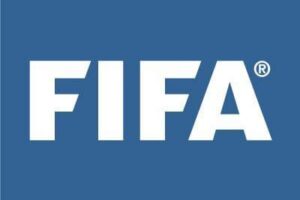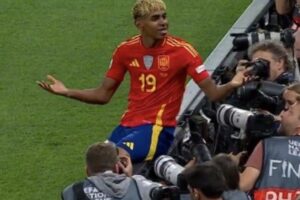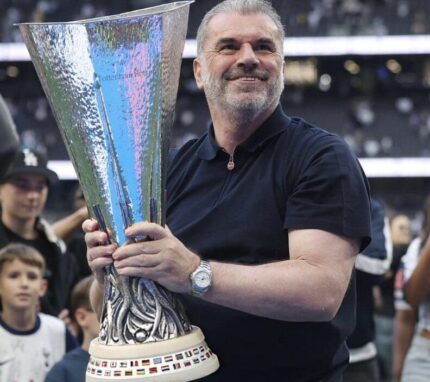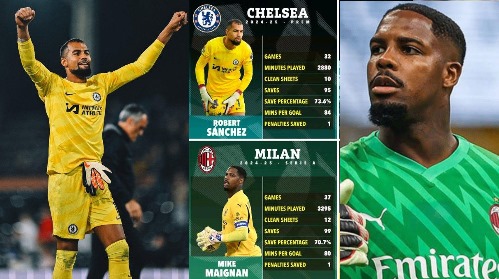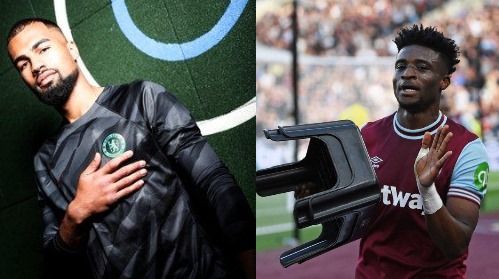The Nigeria Football Federation (NFF) has confirmed that the highly anticipated deal with German coach Bruno Labbadia to take over the Super Eagles has fallen through. The announcement, made through a press release on Friday night, comes as a significant blow to the footballing community in Nigeria, which had eagerly awaited Labbadia’s arrival ahead of the 2025 Africa Cup of Nations qualifiers against Benin and Rwanda.
The NFF had initially announced Labbadia’s appointment as the new head coach of the Super Eagles, a decision that was met with optimism due to his extensive experience in the Bundesliga, including a stint with Bayern Munich. However, the federation revealed that unforeseen complications, particularly related to tax obligations under German law, have made it impossible to finalize the agreement. The NFF stated that they would have had to shoulder the tax burden on Labbadia’s salary, a financial commitment they were unwilling to undertake. This tax issue was reportedly not part of the initial discussions between both parties, leading to the collapse of the deal.
NFF Explains Circumstances Surrounding Labbadia’s Failed Appointment
The NFF has clarified that the tax complications emerged late in the negotiation process, well after both sides had agreed on other terms of the contract. According to the federation, Labbadia had initially accepted the conditions laid out by the NFF, which did not include the responsibility for tax payments under German law. However, the unexpected emergence of this tax obligation posed a significant financial strain on the NFF, leading them to reconsider the feasibility of the deal.
The federation emphasized that the collapse of the agreement was due to circumstances beyond their control. Despite the breakdown in negotiations, the NFF maintained that they had conducted the talks in good faith and had been fully transparent with Labbadia. The situation underscores the complex nature of international coaching appointments, where legal and financial considerations can often derail even the most promising of agreements.
Augustine Eguavoen Returns as Super Eagles Coach for Fourth Spell
In light of the failed deal with Labbadia, the NFF has announced the return of Augustine Eguavoen as the interim head coach of the Super Eagles. Eguavoen, who currently serves as the Technical Director of the Nigerian Federation, will be stepping into the role for the fourth time in his career. His appointment is seen as a stopgap measure to ensure continuity as Nigeria prepares for the crucial 2025 Africa Cup of Nations qualifiers.
Eguavoen’s previous stints as head coach include periods between 2005 and 2007, 2010, and most recently in 2022, when he took over from Gernot Rohr. His last tenure, however, ended on a disappointing note as Nigeria failed to qualify for the FIFA World Cup after losing to arch-rivals Ghana. Despite this setback, Eguavoen remains a respected figure in Nigerian football, and his vast experience is expected to be crucial in navigating the upcoming qualifiers. The NFF has yet to confirm whether Eguavoen’s appointment will extend beyond the interim period, leaving open the possibility of a permanent successor to Labbadia being sought in the future.
Implications for the Future of Nigerian Football Coaching
The breakdown of the agreement with Bruno Labbadia highlights ongoing challenges within the NFF regarding the recruitment of foreign coaches. The issue of taxation and financial obligations underscores the complexities involved in hiring top-tier international talent. This situation could prompt the NFF to reconsider its approach to hiring foreign coaches and potentially shift its focus towards developing local coaching talents who understand the financial constraints and operational environment of Nigerian football.
The decision to reappoint Augustine Eguavoen, even temporarily, suggests a preference for stability and continuity, particularly during critical periods such as AFCON qualifiers. However, it also raises questions about the long-term direction of the Super Eagles’ coaching strategy and whether the NFF will continue to pursue foreign coaches or invest more in domestic coaching expertise. As the NFF navigates these challenges, the future leadership of the Super Eagles remains a topic of significant interest and speculation among fans and stakeholders alike.

